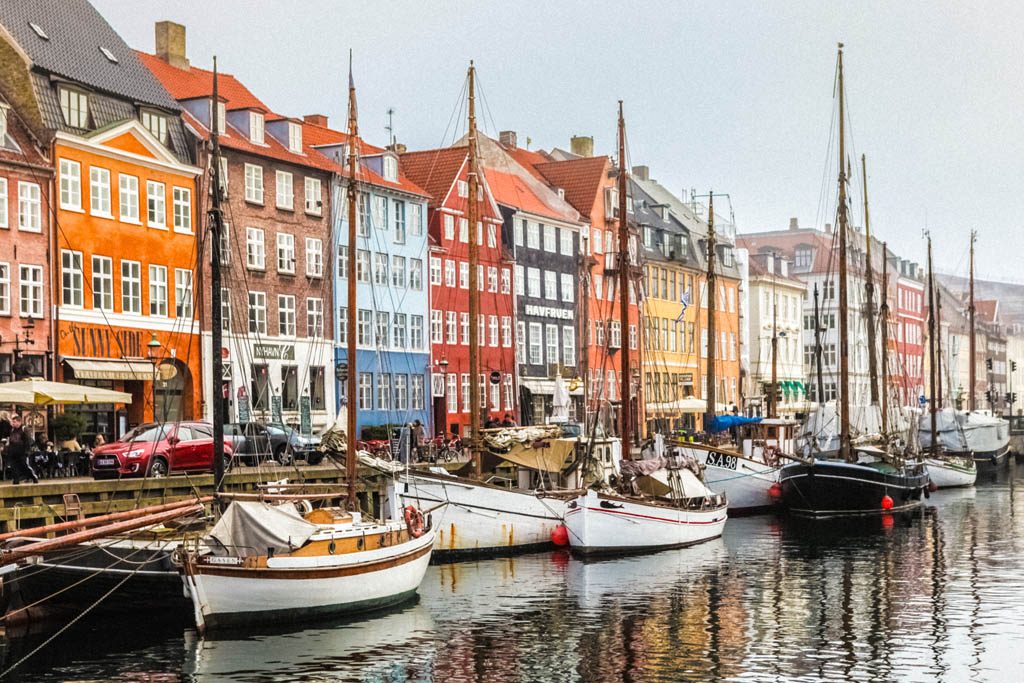
Hygge, happiness, and relationships
People who live in most parts of the world are constantly available to their employers. We work long hours, then stay connected to our phones in case emails come in demanding our attention.
This is not the case in Denmark.
Kristen Podulka lived there for a time and watched the office clear out earlier than five o’clock every day so families could spend time together having dinner around a table and creating space for hygge. They simply make it a priority. The effect of quality time with kids can’t be overstated.
One of the reasons Danes may be so happy is because hygge strongly leans on interpersonal relationships to work. It’s possible to experience hygge alone, reading a good book while curled up under a blanket with a cup of tea, but many Danes find it easier to hygge in small groups. Simple dinners shared with family and friends and time and space made for others in our lives creates room for the warm, safe comfort Danes appreciate.
Teaching our kids to value people and friendship bonds over ladder climbing puts them on the right path to happiness.
Decades of research support relationships as a means to happiness. Connections with the community we live in and strong ties to those in our lives predict happiness better than other markers people might expect, like money or status. Teaching our kids to value people and friendship bonds over ladder climbing puts them on the right path to happiness.
Go outside and hygge
Nature is an essential component to hygge. Though Danes don’t brag about the five months of the year they spend in near total darkness freezing, they also don’t seem to whine about it much. In fact, despite the weather half of the people who live in Copenhagen commute to work by bicycle.
For most of us, that’s not what life looks like. We usher our children by car to indoor activities. We’re less likely to take them into nature if our lives are cram packed with events. Many parents don’t encourage their kids to be outside when there is homework to complete and schedules to keep.
The Danes prioritize being outdoors. Besides biking, Danes who live in the city escape to nature to be outside, and the positive effects of nature are real and continuing to be studied. National Geographic reports that after a certain amount of time unplugged in nature, people show higher cognitive skills. Researchers also say that people who walk in nature have improved mental health after their journey, even if it’s just a 90-minute walk.
Hygge is not about the money
Creating hygge is extremely cost effective. In fact, the point of hygge is not to drop loads of cash to impress those in our inner circle or indulge ourselves. Danes don’t particularly look kindly on people who flaunt their elevated financial status.
Hygge encompasses simplicity. It’s an internal sensation not associated with materialism. Sure, a person may adorn their home with furniture or lighting associated with hygge, like candles, a wooden chair, or comfy blankets, but hygge doesn’t come from those items.
Research proves happiness and money don’t really go together. Unless money is pulling someone from a situation of poverty to a status of security, happiness related to cash tapers off.
The reason behind this reality supports creating hygge: humans adapt. Though we might believe winning the lottery or buying that new car will make us happy, the happiness associated with these types of endeavors doesn’t last. We acclimate quickly to our new situation, then, unconsciously, we look for the next fix.
Embracing the notion of non-materialistic hygge can help us pass down values to our children that encompass gratitude every day.
Hygge causes us to create and appreciate coziness right in the middle of our lives instead of waiting for a financial windfall to provide the happiness we want. Embracing the notion of non-materialistic hygge can help us pass down values to our children that encompass gratitude every day. We shouldn’t wait for money or circumstances to change in order to be happy.










